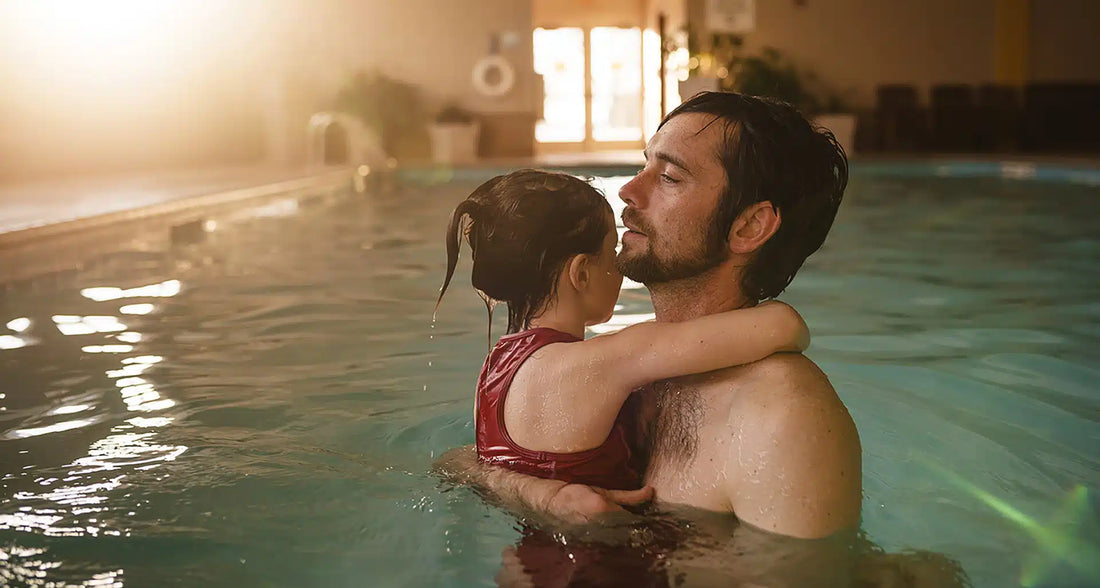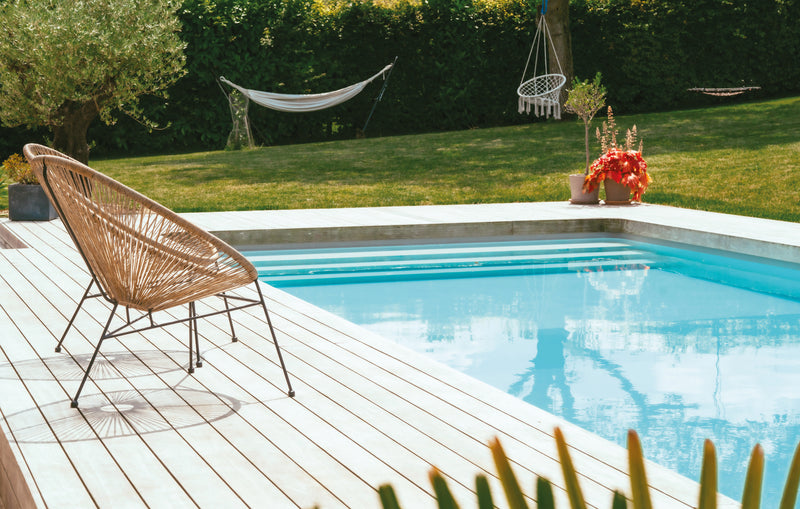- Welcome
- Desjoyaux advice
- fr_FR
-
Heating your indoor pool: water always at the right temperature
Heating your indoor pool: water always at the right temperature
Posté leThe indoor pool is and will remain the height of luxury and elegance. A swim every day of the year right in your own home—what could be better?

However, to make the most of your indoor pool without catching a cold or other minor winter illnesses, it is best to install a heater to achieve the famous comfort temperature of between 26°C and 28°C. The choice of heater is important because it depends on the use that will be made of the pool.
The swimming pool is used frequently
If the indoor pool is used 12 months per year, it is important that the water is always at the right temperature to enjoy swimming in both summer and winter. You will then need to choose an efficient and energy-efficient heating system.
The first and most commonly used device is the heat pump , which uses heat from the air to transfer it to water. An initial investment that pays off later.
The heat exchanger , which consists of using the house's heating system (gas, oil or even wood boiler) to heat the pool water. The exchanger consists of connecting the house's heating circuit and that of the pool (the two circuits remaining completely separate from each other). The heat exchanger allows for a rapid rise in temperature.
This device requires the swimming pool to be close to the house in order to avoid pressure losses.
The swimming pool is used occasionally
The heater , integrated into the pool's filtration system, has the advantage of heating the water quickly. However, it is energy-intensive in terms of electricity. It remains the ideal equipment for second home pools used occasionally for shorter periods.
When talking about heating and indoor pools, we must never forget to mention the humidity that comes from them. It is therefore essential to properly insulate the "pool area" from the rest of the house. A ventilation and/or dehumidification system will minimize condensation and thus prevent damage to the surrounding furniture.
Do not hesitate to ask your Desjoyaux expert for a thermal assessment for the most suitable pool heating possible, taking into account various elements: volume of water, desired average temperature, regularity of use, etc.

